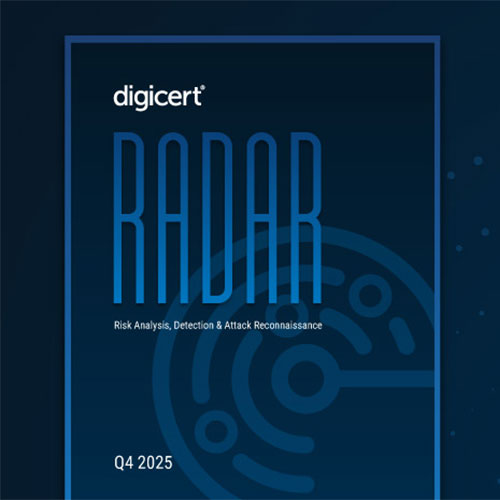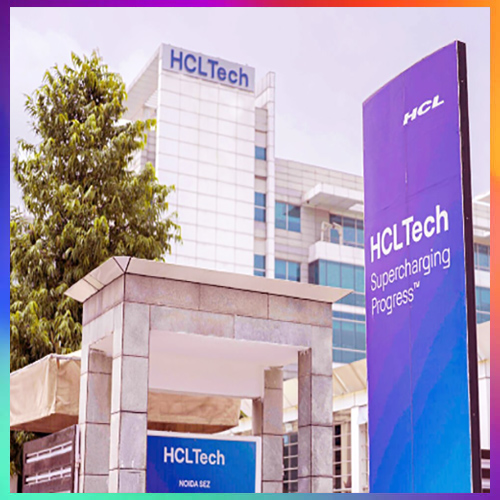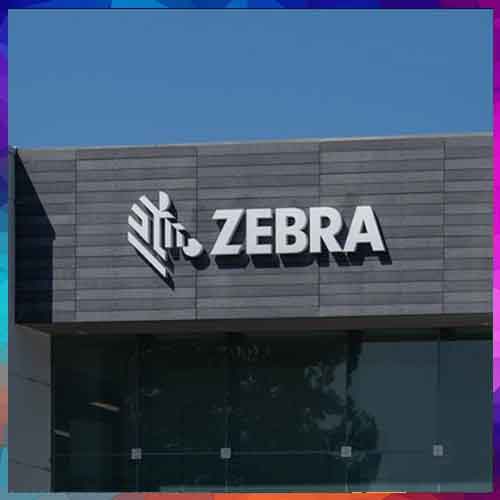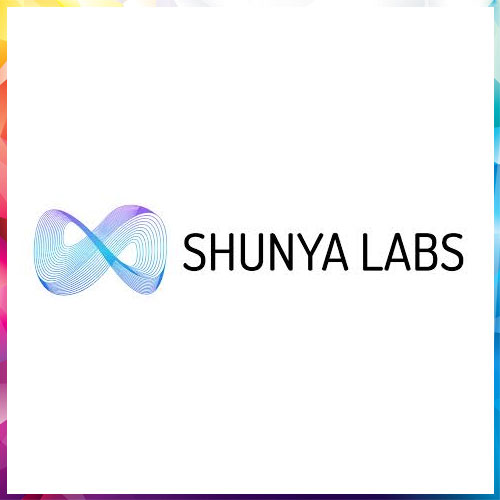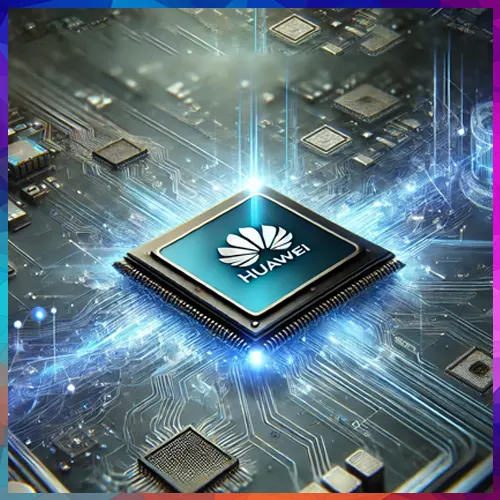
Recent U.S. export restrictions have tightened China’s access to Nvidia chips, with new rules requiring licenses for H20 sales—building on earlier bans of advanced models like the H100 and upcoming B200 over security concerns
Huawei Technologies is poised to begin mass shipments of its latest artificial intelligence chip, the Ascend 910C, to domestic clients as early as next month, according to reports citing people familiar with the development. This strategic rollout comes at a critical time for China’s AI sector, which is facing growing limitations on access to advanced US-made chips.
Industry insiders, as per reports, confirm that initial deliveries of the 910C have already taken place, with full-scale distribution expected to follow soon. The chip, a high-performance GPU (graphics processing unit), is designed to support complex AI workloads and is being positioned as a domestic alternative to Nvidia’s high-end offerings, particularly the H100 and H20 chips.
Recent US export restrictions have further tightened China’s access to Nvidia products. Earlier this month, the US government mandated that sales of the Nvidia H20 to China would now require export licenses. This move follows previous bans on Nvidia’s more powerful chips, including the H100 and the upcoming B200, which have been blocked from the Chinese market due to national security concerns.
Huawei elevates AI processing
The Ascend 910C is not a completely new chip but rather an evolution of its predecessor, the 910B. According to reports quoting sources, it combines two 910B processors into a single unit using advanced integration techniques. This design allows the 910C to deliver twice the computing power and memory capacity of the 910B, along with incremental performance improvements tailored for AI applications.
Experts say the chip is likely to become a key component in China’s AI development efforts. “With Nvidia’s latest products under export control, Huawei’s 910C will likely become the default hardware for training and deploying AI models within China,” said Paul Triolo, partner at the Albright Stonebridge Group.
SMIC, TSMC ties under scrutiny
Huawei reportedly distributed samples of the 910C to Chinese tech firms late last year and began taking commercial orders shortly thereafter. The manufacturing of the chip involves China's Semiconductor Manufacturing International Corporation (SMIC), using its 7nm N+2 process, though sources note yield rates remain low.
There is also speculation that some 910C units may include components produced by Taiwan’s TSMC for China-based Sophgo, though Huawei denies this. TSMC maintains it ceased shipments to Huawei in September 2020 and complies fully with export regulations.
As China accelerates its push for semiconductor self-reliance, Huawei’s Ascend 910C could play a crucial role in insulating the domestic AI industry from ongoing geopolitical tensions.
See What’s Next in Tech With the Fast Forward Newsletter
Tweets From @varindiamag
Nothing to see here - yet
When they Tweet, their Tweets will show up here.







